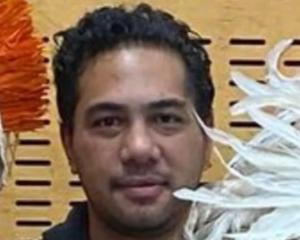Health food store staff need formal training to ensure people with serious medical complaints are not given substandard advice, an article in the NZ Medical Journal argues.
The report by five medical researchers and professors followed an experiment in which a man visited 26 health food stores complaining of high blood pressure and in only one case was referred to a doctor.
Staff in 25 of the stores visited by the man recommended and sold a wide variety of compounds of "unproven efficacy", the article's authors said.
"Unlike pharmacists, staff in health food stores are not required to undergo any formal training in regard to the physiological or pharmacological effects of the products that they sell."
"This may place customers at risk of being given ineffective, harmful or indirect advice."
In the experiment, a 53-year-old man visited randomly selected health food shops in two cities and two suburban areas in New Zealand.
He told staff members he had just joined a fitness club and had been informed he had high blood pressure. If asked, he told the employee his blood pressure was 160/120.
He then asked staff for recommendations to lower his blood pressure.
In 25 of the shops he purchased a wide range of products, with the most popular being garlic, which had not been proved to be effective against the health problem, the authors said.
"One health food store assistant recommended consultation with an iridologist as she could see 'a white ring of salt around his iris'.
"She went on to inform the individual that she was qualified in iridology and suggested a consultancy appointment with her," the article said.
Only one store assistant advised the man on diet and lifestyle and recommended his blood pressure be checked by a general practitioner.
The article said most of the products the man was sold were unlikely to be effective in managing severe hypertension.
"To provide quality advice to customers, staff working in health food stores need to give accurate and safe information on a variety of medical ailments.
"We recommend the implementation of a formal training programme for health food store staff, and to improve the quality of health care advice including referral to a medical practitioner where appropriate."
The article's authors also recommended that complimentary and alternative medicines used in New Zealand should be regulated.
The NZ Natural Medicine Association was unable to comment.
The report authors were Robert Siebers, senior research fellow at Otago University's department of medicine; Shaun Holt, Clinicanz director, Auckland; Bridget Healy, medical registrar, Wellington Hospital; Richard Beasley, professor, Medical Research Institute of NZ; and Carl Burgess, professor of medicine, Otago University's department of medicine.












